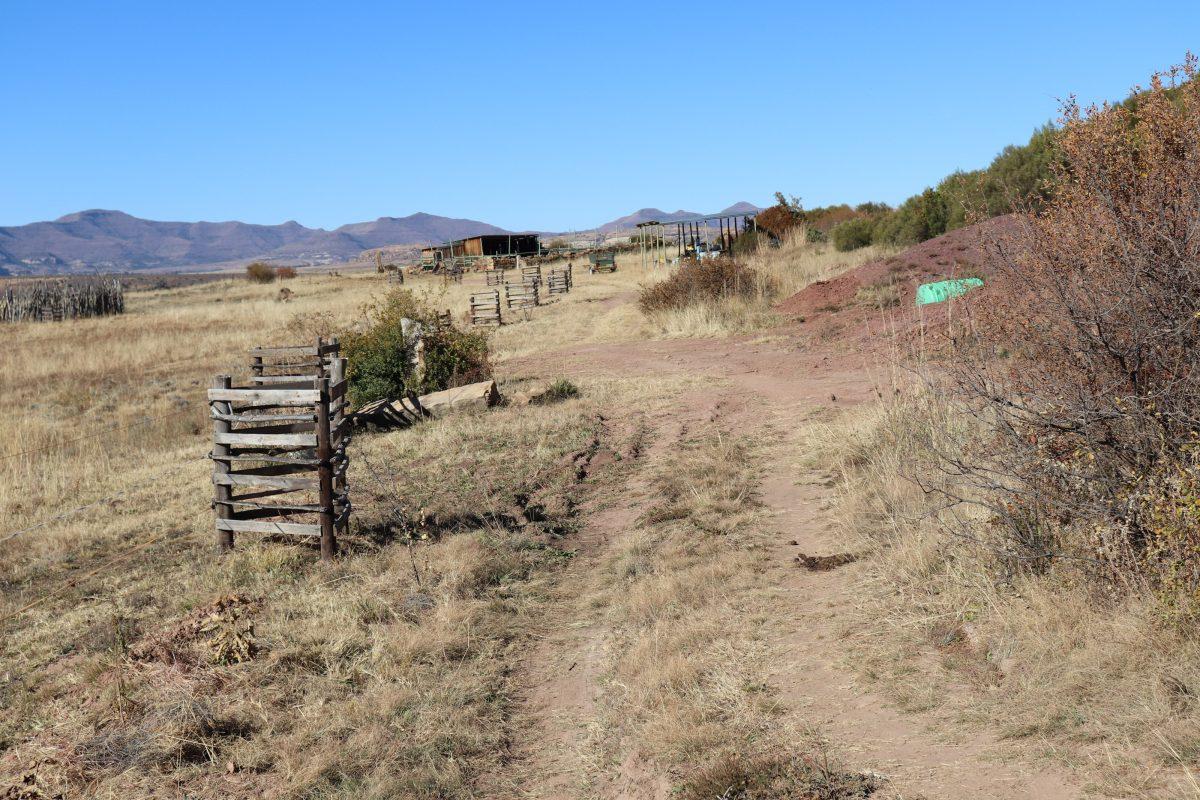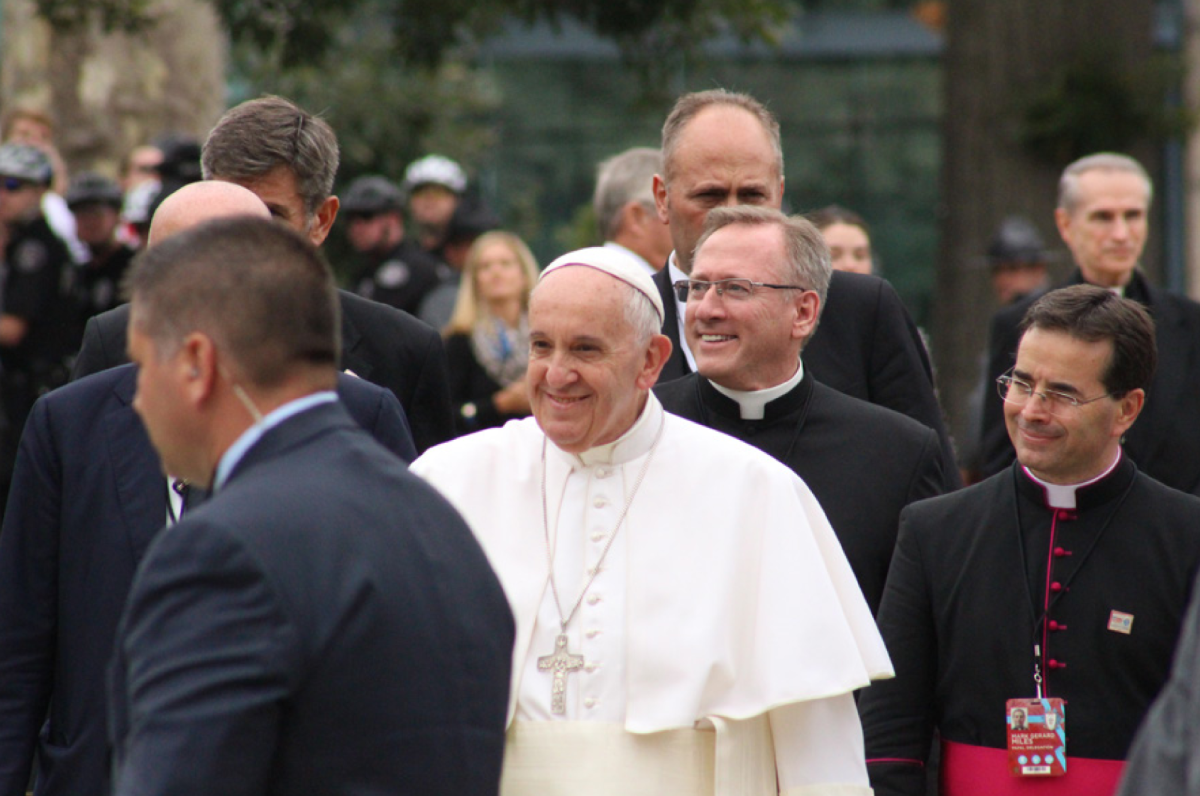Rosendal, South Africa — About eight kilometers (5 miles) from the three-digit population sign for Rosendal is a secluded farm on which a permaculture operation is being practiced, with a singular focus of creating a self-sufficient ecosystem in which plants and crops are not only sustainable but regenerative.
The Waaipoort Farm, accessed from the R70 highway in the Free State by way of a winding, bumpy dirt road that tosses drivers of 4x4s from their seats, is run and maintained by its founder, Thomas Linders, who has devoted himself to developing a best-practice model for permaculture.
“Permaculture is a rational and ethical design science that provides all the solutions needed to provide a completely sustainable abundant world for all future generations,” said Geoff Lawton, a permaculture consultant with the Permaculture Research Institute, based in Australia.
Linders began his initiative at Waaipoort in September 2015, with Michele Schiess, with the goal of making the farm 100% self-sufficient. Linders and Schiess hope to accomplish this goal in about five years.
“The foundation [is] the three ethics that we have: care for the earth, care for the people, and care for the future, or share the surplus,” said Linders, whose team is equally interested in developing community through their regenerative practices. “This is our base philosophy through which we do everything. We work with people, and we work with the earth. ”

Linders said all of the lessons he has learned are derived from studying the environment and drawing on the successes of ancient crop growing cultures. In fact, the land Waaipoort sits on is steeped in history. On the rocky walls near the top of the mountains that serve as the farm’s backdrop are paintings dating back thousands of years, depicting scenes of domestic life and war and colonial conquest. The farm’s home base is an old schoolhouse constructed by the Voortrekkers, Dutch settlers who traveled inland from the Cape in the late 19th and early 20th centuries.
In order to practice permaculture on a larger scale, Linders combines modern technology with what he has learned by researching farming practices from past cultures. He said this approach has allowed him to fuse modern methods with time-tested agricultural philosophies.
“Nature knows best,” Linders said. “We just need to study, observe and then copy it. The main teaching within permaculture is the teaching [of how to become] a fantastic observer.”
The entrance to Waaipoort, which means “windy pass,” is marked by grazing cows and a large pond that Linders constructed as an emergency water source for droughts. Beyond the water lie a garden and two greenhouses where Linders experiments to find the plants that are most appropriate for the surrounding environment. The newest addition to the farm are underground cellars carved out of the mountain-side to be used as food storage facilities during the winter. The farm also consists of accommodations with showers made from earth-bag technology.
Meisha Mulla, who left a corporate workplace to join the Waaipoort community about 16 months ago, said Linders is eager to pass on his knowledge about food production to others.
“Being a farmer, being able to be a successful producer, takes a lot of knowledge,” Mulla said. “That’s what people don’t realize. Thomas has mastered a whole lot of things.”

Mulla added that people regularly visit Linders to learn more about permaculture, although few farmers, at least so far, have ended up following through on the scale that Linders has. Mulla estimated there are only about seven permaculture farms in South Africa, of which Waaiport is the largest.
Linders’s ability to educate others while also working towards an improved environment predates his time at Waaiport. He left Switzerland about 30 years ago to come to South Africa to work as a volunteer for people with special needs. He then worked with non-government organizations (NGO’s) on food security programs in the townships around Johannesburg. After these experiences, Linders said he began to focus on sustainable agricultural practices, which he has begun implementing at Waaiport.
“We just want to provide an example of what is possible in the different realms of agriculture.” Linders said. “We are here as a resource and learning center so we can pass that knowledge on.”
Sibongiseni Msomi, a scientist from the Kwazulu Natal department of agriculture and rural development, said knowledge transfer is important.
“Educating the younger generations, especially at the university is very important because agriculture and different methods of agriculture can drive and shift the economy,” Msomi said.
Linders pointed out that under the apartheid system South Africans were abused as farm laborers, and schools used farm labor as a form of punishment. This traumatised farm workers and resulted in children developing negative associations with agriculture.
“It takes a long time to reinvent or reimagine an agriculture that both goes into the deep psyche of the people and their connectedness with the earth,” Linders said. “I found very often that yes they have been abused as labor.”
Linders said he hopes his emphasis on education will reverse the negative impacts of apartheid practices. To achieve this, Linders is working in the black township of Mautse, across the road from the largely white town of Rosendal, to destigmatize manual labor and spread the idea of sustainable farming.
“We had a grassroots permaculture program organized by somebody from the community,” Linders said. “It needs to come from outside. We have to find new ways of agriculture. All that wisdom is there and luckily there is still some around where we can bring it forward.”
One example of this education-focused philosophy is Linders’s plan to replace tin shacks in Mautse with more insulated structures made out of bagged soil. This effort is rooted in permaculture practices, and also has the potential to create jobs in the townships, Linders said.
“I trained four neighbor youths in doing that,” Landers said. “They are almost ready to do it by themselves, which is also an exciting thing. I hope to get them as a little building team going in Mautse so they can be meaningfully employed. They can help somebody else.”










































